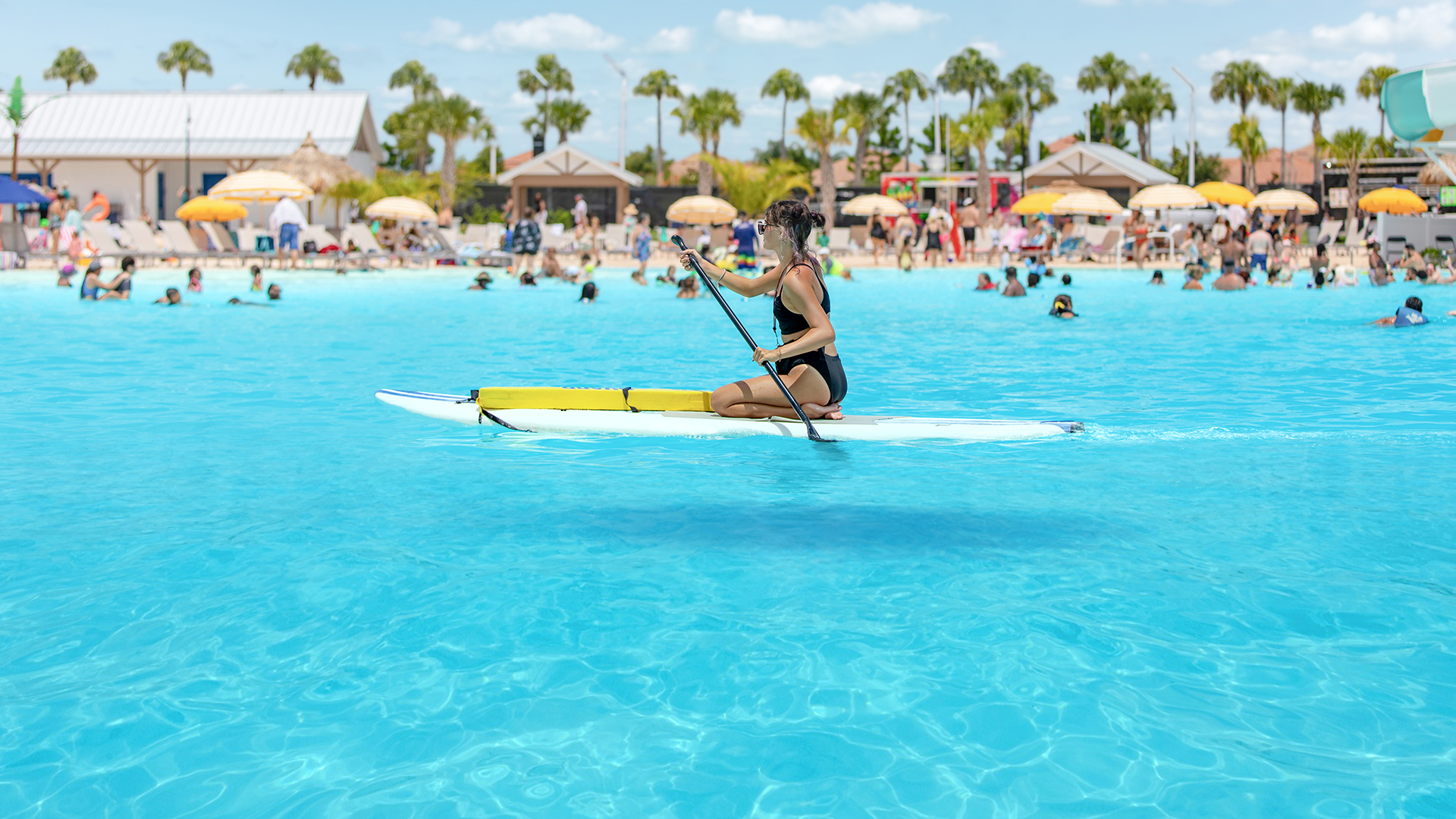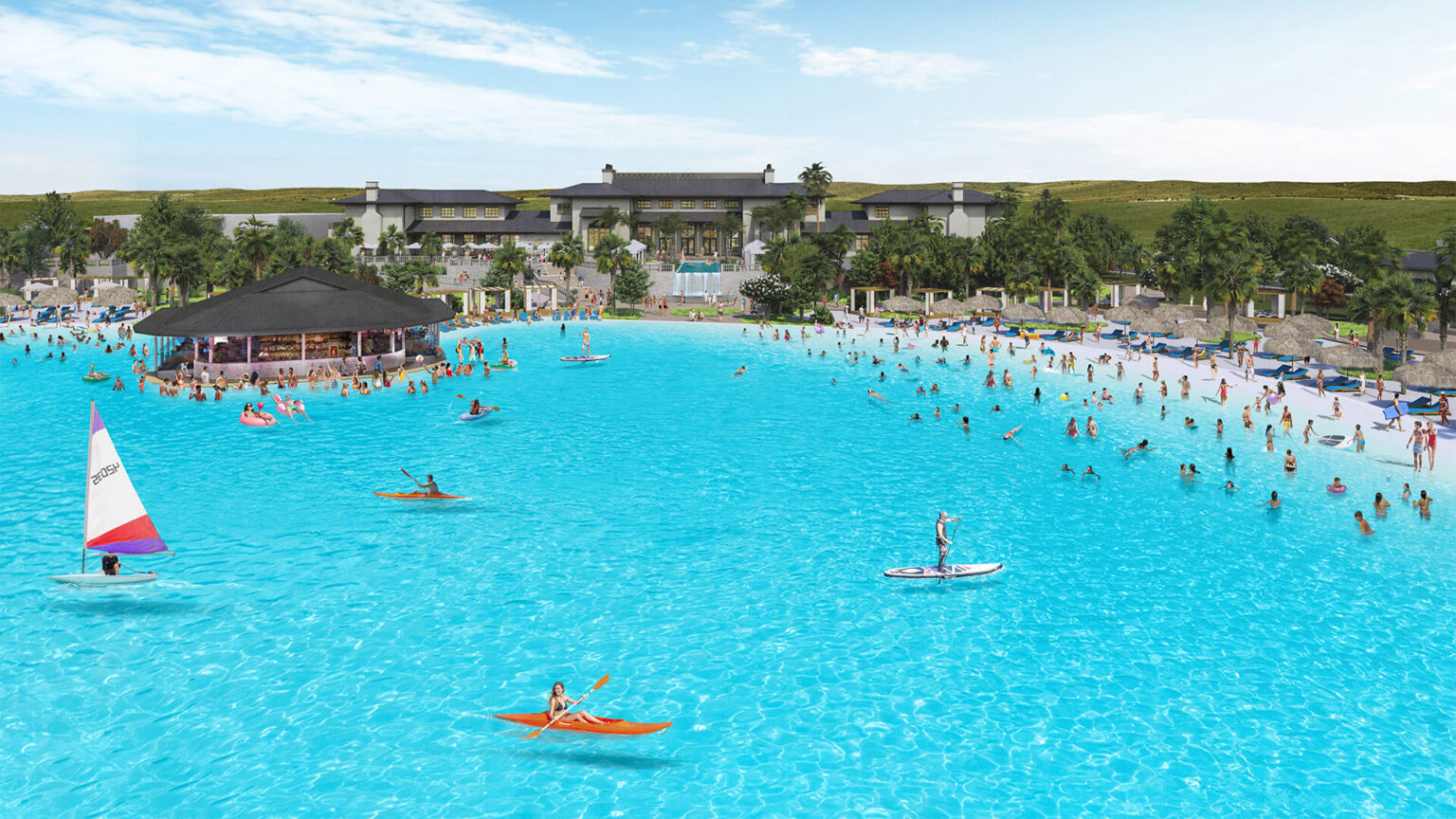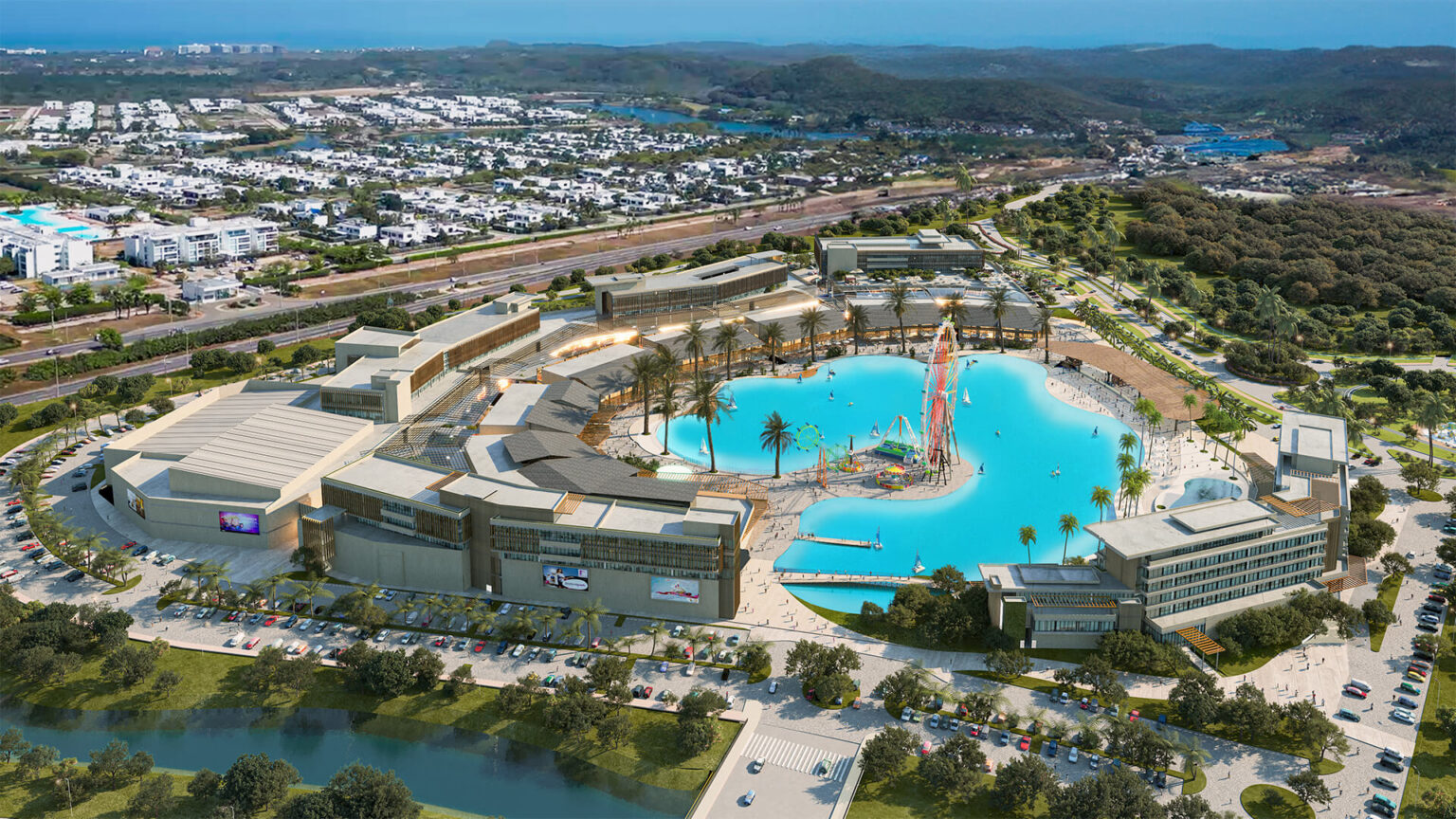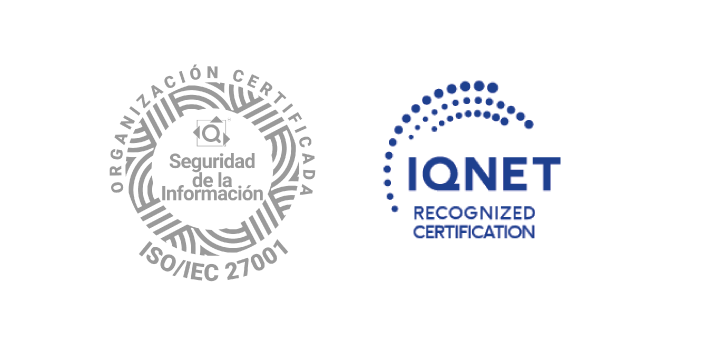Technology and improving the quality of life through innovation are the concepts that Crystal Lagoons and Israel share. In this country, one of the most innovative in the world, the multinational company founded by scientist Fernando Fischmann has entered with a new agreement to develop Public Access Lagoons™, also known as PAL™ projects, real estate, and mixed-use complexes.
The WOOOW! Entertainment projects, developed with the international real estate holding ECIPSA Group, will be located in different cities throughout the country. The developments will give Israeli city-dwellers access to an idyllic beach life all year round, irrespective of their particular climate, and will include a large crystalline lagoon suitable for swimming and water sports, with white sandy beaches. Also, they could include hotels, residential areas, gastronomic poles, retail, and beach clubs, among others.
Israel and Crystal Lagoons also share a commitment to sustainability and water protection, and the technology of the multinational has won several international awards for its sustainability. A vital feature of these lagoons is that they can use any type of water, including seawater and brackish water from arid areas, with no alternative use. This combination of factors paved the way for the debut of Crystal Lagoons in Israel, a country that has pioneered water protection.
The centerpiece of the PAL™ real estate and mixed-use projects will be a lagoon powered by Crystal Lagoons® technology, and, in the case of those with public access, any person will be able to access through the entrance fee.
“The fact that one of the world’s leading countries in innovation and water sustainability is welcoming Crystal Lagoons is a tremendous endorsement of our technology,” said Francisco Matte, regional director for Crystal Lagoons.
The company’s sustainable technology has been crucial to its success in developed countries. The lagoons only need filling once, operate with a closed-circuit system, can use any type of water (sea, brackish and fresh), and use 40% less water than a green area. Additionally, they use up to 100 times fewer chemicals than a swimming pool and only 2% of the energy of a conventional filtration system, certified by Bureau Veritas.
PAL™ developments have caught the attention of significant market players worldwide, with high-profile contracts signed in: the United States, Japan, Saudi Arabia, India, Korea, Palestine, Pakistan, Europe, and Colombia, among others.
Original content







